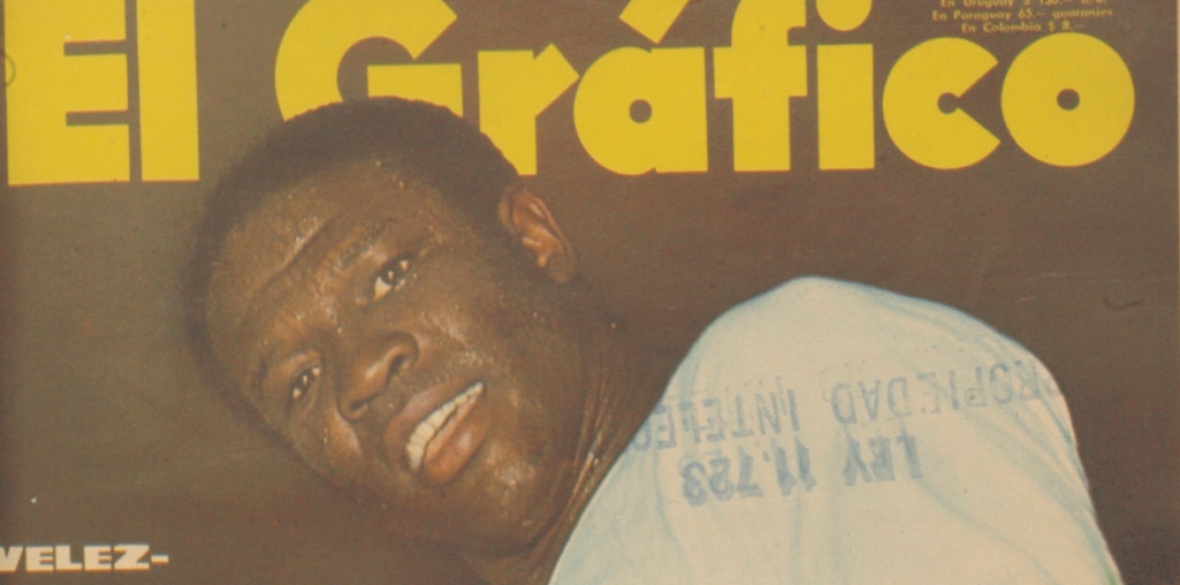This is the last article you can read this month
You can read more article this month
You can read more articles this month
Sorry your limit is up for this month
Reset on:
Please help support the Morning Star by subscribing here
MUCH like the long-established expectations for heterosexual men to be stoic and emotionless and women to be delicate and emotional, 21st century liberalism has imposed a similar binary set of expectations on gay men.
Western media champions gay men who are perceived to fit this mould — effeminate, shallow and ultimately submissive — often almost like a misogynist’s worst caricature of unmarried women.
Although hiding in stereotypes can keep us safe and it can often be liberating to play up to them in a ironic fashion, this does very little to challenge perceptions of sexuality and traditional gender roles and casts those who break these stereotypes to the almost forgotten archives of gay history.
We have recently begun to celebrate the life and resistance of Marsha P Johnson, the transvestite at the heart of the Stonewall rebellion, but how many of us do the same for Emile Griffith? Griffith was an LGBT champion not just because he was bisexual but because he was literally a champion — lineal, three-weight, world boxing champion, to be exact.
Griffith, who is the subject of the play Man in the RIng, which begins a month-long run in Boston’s Huntington Theatre starting on Friday, was born in the US Virgin Islands and began fighting out of New York in the late 1950s. He won numerous titles across the welter, light-middle and middleweight divisions.
Although Griffith didn’t come out until 2008, rumours of his sexuality spread among the boxing community in a country where it was deemed as a crime, disease and a sin.
These rumours and growing hostilities culminated in his infamous third bout with Benny Paret, an exceptional fighter in his own right who had beaten Griffith in their previous match. In the build-up to the fight, Paret repeatedly called Griffith “maricon” (Spanish for “faggot”) and was backed up by the rabidly homophobic media, with the New York Times even referring to him as an “unman.”
In the 12th round of their bout, Griffith unleashed a flurry of rapid uppercuts, knocking Paret’s head back numerous times as he slumped into the corner. Eventually, the referee jumped in to end the contest, as Paret slipped on to the canvas. He remained unconscious and tragically died 10 days later from brain injuries. Griffith, distraught from the news, attempted to gain access to his hospital room to see Paret for hours but was denied entry.
Although Paret’s untimely death haunted the champ for the rest of his life, Griffith went on to become the lineal champion and moved up in weight to fight the best around, being voted twice as The Ring magazine’s Fighter of the Year. After retirement Griffith worked at a juvenile correctional facility and even adopted one of the troubled youths he cared for.
A man of many sides whose compassion and sensitivity were matched only by his toughness, grit and physical prowess. To quote the late great man himself, “I wasn’t nobody’s faggot.”
Joe Weaver is a gay anti-fascist activist and media officer for Bury St Edmunds Labour Party branch










